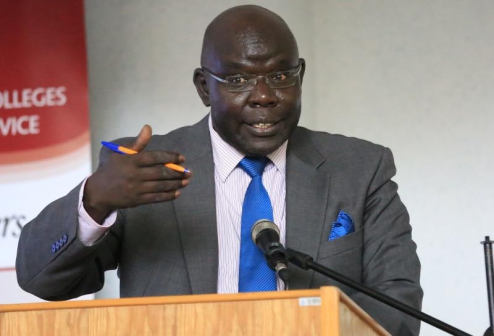×
The Standard e-Paper
Fearless, Trusted News

Universities will be blocked from admitting students for one year if they fail to explain how they will address the quality mess in their operations within 30 days.
Commission for University Education (CUE) Chief Executive Officer David Some said each university had been given a status report detailing quality standards breaches.